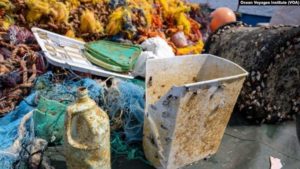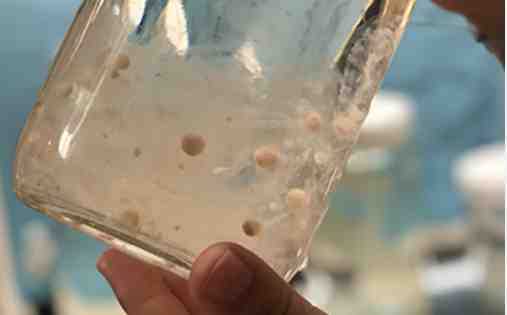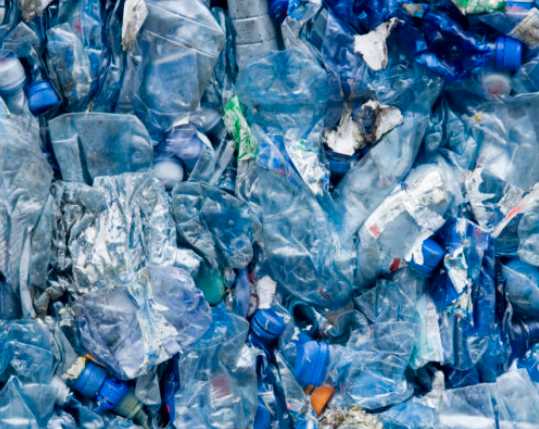
WASHINGTON—U.S. Senator Dan Sullivan (R-Alaska) sent a letter to Secretary of State Antony Blinken urging the Biden-Harris administration to press for improvements to a global plastics treaty being negotiated by United Nations participating countries. Sen. Sullivan expressed concerns that the treaty could be plagued with vague requirements and expensive efforts that do not provide adequate solutions to the pressing issue of plastic waste. The letter was first reported on in an article by Politico’s Jordan Wolman on October 16.
“Since this treaty has no enforcement provisions and relies on the good faith and self-reporting of signatory countries, the treaty needs to be common-sense and future-looking, building on reducing demand for single use plastic, on technical innovation, and on implementing measures that enhance the circularity of plastic,” Sen. Sullivan wrote.“I urge the Biden-Harris administration to focus on securing an agreement that the U.S. can join and one that will result in a lasting solution to end plastic pollution.”
Representative Dan Crenshaw (R-Texas) led a similar letter in the House joined by 26 of his Republican colleagues.
Click here to read the full letter.
Senator Sullivan has led on the issue of plastic pollution, specifically in regard to oceans and marine ecosystems, with his Save our Seas (SOS) 2.0 Act, introduced with Senator Sheldon Whitehouse (D-R.I.) and signed into law in December 2020. This legislation has fostered multiple efforts to eliminate plastic pollution and mitigate the impacts on the environment, including:
- The Solid Waste Infrastructure for Recycling Grant Program (SWIFR), authorized by SOS 2.0 and implemented by the Environmental Protection Agency (EPA), has provided $375 million in infrastructure and recycling programs for local communities.
- The Save Our Seas Initiative, launched by USAID in 2022, has implemented programs in 25 cities across 10 countries to reduce the flow of ocean plastic pollution. The initiative’s recently-launched CIRCLE Initiative (Catalyzing Inclusive, Resilient and Circular Local Economies) is a public-private partnership that furthers this aim.
- The Department of State leads inter-agency efforts to negotiate a 175+ country global treaty on plastic pollution, including in the marine environment. The Department also launched the End Plastic Pollution International Collaborative; EPPIC is a public-private partnership built to catalyze governments, NGOs, and businesses to support innovative solutions to the plastic pollution crisis.
- The Marine Debris Foundation, a charitable and nonprofit foundation established by SOS 2.0, announced Juneau, Alaska as its headquarters, following strong support by Sen. Sullivan to locate the headquarters in Alaska.
- The National Academies of Sciences, Engineering and Medicine (NASEM) published a landmark report on the U.S. contribution to global ocean plastic waste; other members of the Interagency Marine Debris Coordinating Committee have published additional reports that further our understanding and galvanize action to combat plastic pollution.
# # #[content id=”79272″]







